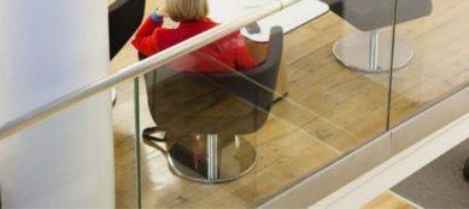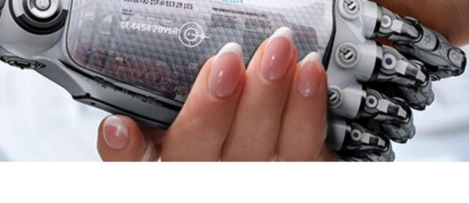January 26, 2016
2015 was a record year for commercial property investment 0
 At £64.3bn, investment in UK commercial property reached a new annual record last year, 4 percent above 2014, according to new research published by Lambert Smith Hampton. This performance was bolstered by a strong end to the year, with investment between October and December reaching £15.7bn, 23 percent higher than in the previous quarter. Investment in London reached £26.9bn, 4 percent higher than in the previous year. According to the report asset management will be vitally important in 2016, as rental income will be the main driver of performance, and as such, pro-active asset management initiatives, such as investment in office refurbishments in areas with few vacancies, are likely to offer the best prospects for investors. Explained Ezra Nahome, CEO of Lambert Smith Hampton: “This means that knowing your market, almost at a building-by-building level, and understanding the dynamics of each locality, will be more important than ever.”
At £64.3bn, investment in UK commercial property reached a new annual record last year, 4 percent above 2014, according to new research published by Lambert Smith Hampton. This performance was bolstered by a strong end to the year, with investment between October and December reaching £15.7bn, 23 percent higher than in the previous quarter. Investment in London reached £26.9bn, 4 percent higher than in the previous year. According to the report asset management will be vitally important in 2016, as rental income will be the main driver of performance, and as such, pro-active asset management initiatives, such as investment in office refurbishments in areas with few vacancies, are likely to offer the best prospects for investors. Explained Ezra Nahome, CEO of Lambert Smith Hampton: “This means that knowing your market, almost at a building-by-building level, and understanding the dynamics of each locality, will be more important than ever.”


































January 26, 2016
The road to Bali and other destinations for the world’s remote workers 0
by Georgi Georgiev • Comment, Flexible working, Property, Technology
(more…)